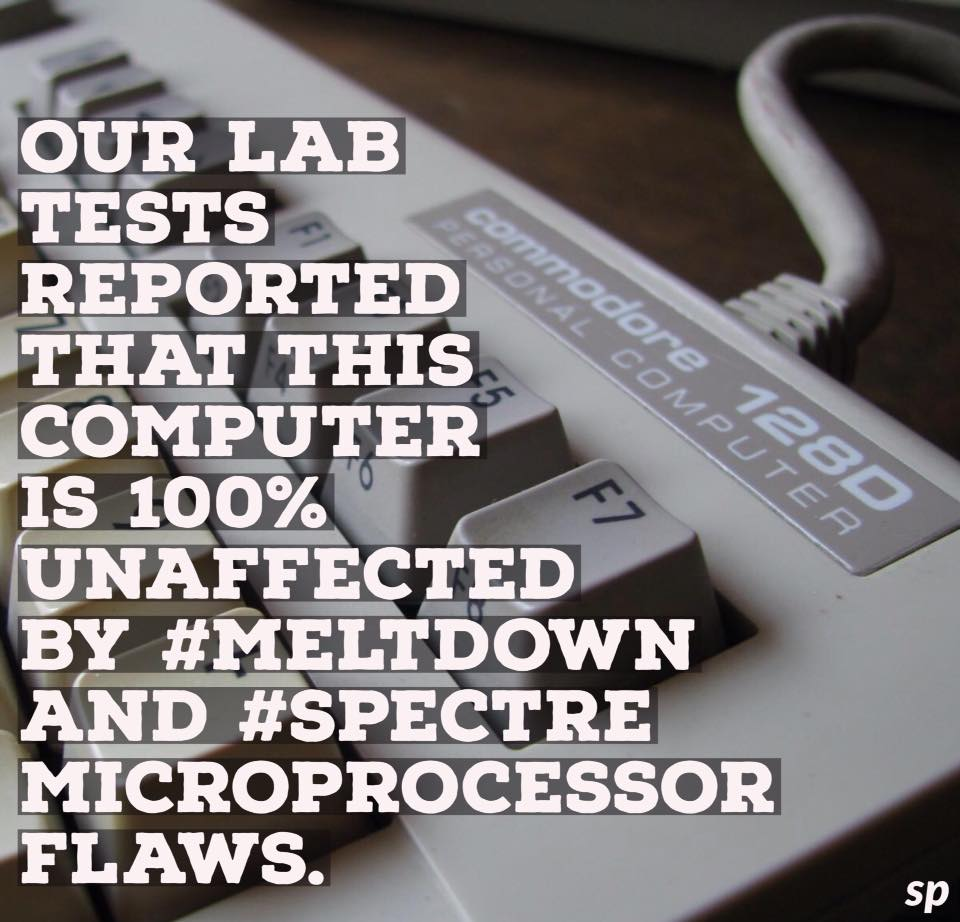No one builds servers for an enterprise in this day and age. Cloud is all. Cloud let's me have vacations. Hardware problems are Someone else's problems. Network issues are The Cloud's problems. I'll enjoy my margarita's at the beach and not give 2 shits if a system 'dies' when autoscaling creates another one and if a system needs more resources 3 clicks and I'm done.
Unless you have a team of hundreds data centers are a ridiculous waste of resources for companies. Commodity VM's in the Cloud.****
****Not for everyone but for lots of companies. Fuck rebooting servers at 3AM on saturday 100miles away. Never again.
Depends on your business.
I work for a software development company, and moving to the Cloud would literally put us out of business due to the costs.
We have TB's of VM's used for testing and demos, with new ones being spun up every week.
Plus, since we are a Microsoft developer, they give us a large number of production licenses, something we would have to pay for in a cloud environment.
All my servers have remote management boards in them, allowing me to physically reboot them or change bios settings if needed.
I've also virtualized everything under Hyper-V. It's pretty simple to migrate the virtual machines to other servers, then upgrade or work on the old server.
I've only had to come into the office after hours once the past couple years.
![[H]ard|Forum](/styles/hardforum/xenforo/logo_dark.png)
